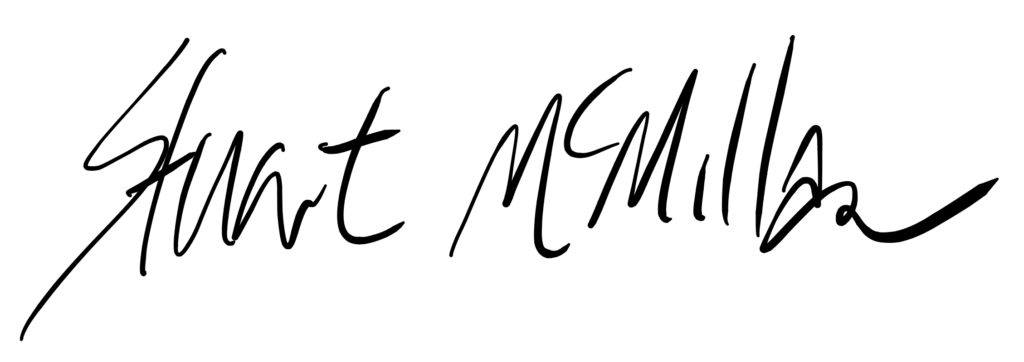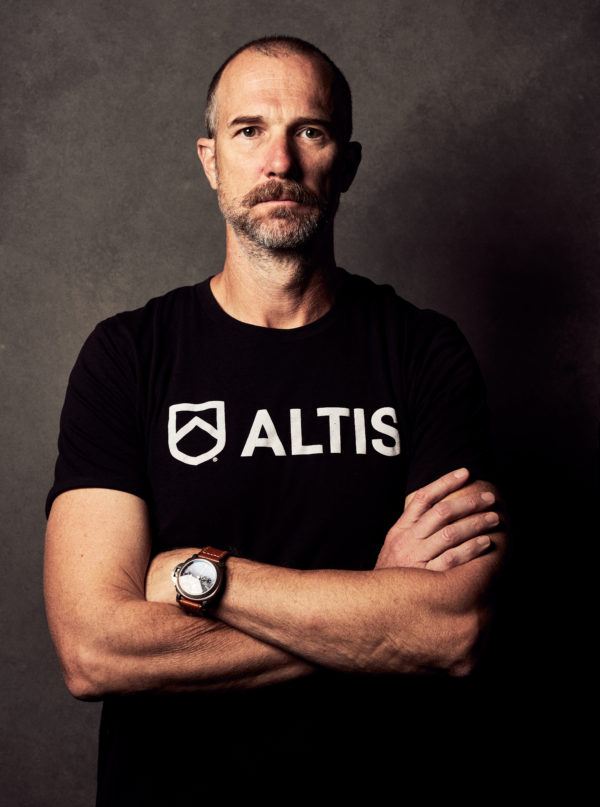I wrote the following short piece well over a decade ago — back when I first started sharing my thoughts publicly.
I started a blog called 500words (this was prior to the old mcmillanspeed site), where every post had to be 500 words right on the nose. This was my 2nd or 3rd one — and I share it here unedited (you may chuckle at a couple of the references).
I enjoy going back through some of my older writing — just as I enjoy going back through some of the old programs I wrote. It’s instructive — and also a reminder of how much I’ve come.
As always, let me know your thoughts!
Procrastination
I am an information collector … which is a nice way to say that I am a procrastinator.
You see, it’s easy to collect information – more difficult to do something with said information once collected. Collecting information becomes habitual, and like all habits, it cannot be broken – only replaced.
So I will replace this collection habit with the actual reason for it to begin with – writing about it and sharing it.
William James said that our lives are simply a never-ending mass of habitual activities.
Whether it be info-tech related blackberry, twitter, and facebook checking, or the more mundane life essentials, like brushing our teeth, showering, going to the gym, etc., most of our daly activities are given little thought. For example, opening my iPad, checking Zite, Flipboard, and Instapaper has quickly – and surprisingly – become an almost sub-conscious act. And while I am sure there are other activities that could be deemed less worthwhile, if I am now – after less than a year of iPad ownership – doing this without conscious thought, then what else could I be doing this way; and are there more interesting, worthwhile – more conscious – activities that I could be doing instead?
Being Present
As coaches and educators, we are constantly reminded of the importance of ‘being present’ – there are entire industries built on the concept; yet we can still remain mere passengers in our own lives – even with this knowledge of ‘presence’. Coaches and athletes understand that the wondering mind will not lead to optimal performance – for this, mind, body, and soul need to be connected as one (even if this process is subconscious, which it often is). Similarly, if we truly seek a high-performing, optimal life, can we realistically expect it without a full connection with all that we do?
Fear
To drift subconsciously, though, is easy. Doing nothing requires no change, no thought, no work. But we know this is sub-optimal, so what stops us from changing?
Fear
And, in particular, it is the fear of failure that we all must face. Its biggest manifestation is paralysis – because we feel fear, we do nothing, as it’s safe … We can’t fail if we do nothing, because we haven’t tried. But, this is the mantra of the loser … and it is the reason so many athletes fail to live up to early promise …. the going got tough, and they didn’t get going – afraid of being exposed, for when we do something – anything – we risk being found out.
Being Wrong
Everything I say as a coach may be wrong. Everything I do in my life may be wrong. Everything I write may be wrong … and I’m ok with that. I’m willing to take that risk; for if I waited until I was absolutely certain of something before doing, saying, writing it, I’d never leave my bed.
“Go and make interesting mistakes, make amazing mistakes, make glorious and fantastic mistakes. Break rules. Leave the world more interesting for your being here.”
Neil Gaiman


